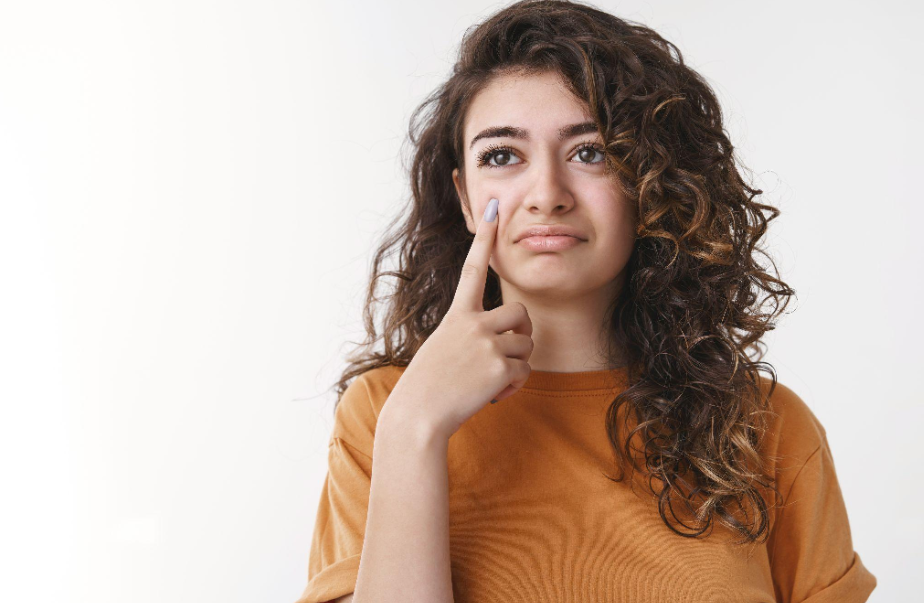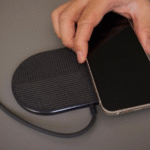If you’re having acne problems all over again in your late 20s, you’re not alone. For most people, breakouts end with teenage but some face it again as the body goes through hormonal changes after mid-twenties. Unlike the occasional pimple from stress or a greasy meal, hormonal acne is often persistent, deep, and resistant to over-the-counter treatments.
Read more to understand all about hormonal acne, what causes them, and explore tips on diet and lifestyle to treat hormonal issues. Also, learn how simple doses of iron, vitamin c tablets for skin, and other nutrients can help you achieve clear, acne-fee skin!
What Is Hormonal Acne?
Hormonal acne is caused by the imbalances in hormones, especially male hormones like testosterone that increase oil production in the skin. Excess oil can clog pores creating an environment for bacteria to thrive which increase inflammation and breakouts. Hormonal acne is painful and cystic. You can spot these on:
- Chin
- Jawline
- Cheeks
- Back
- Chest
Factors that can cause hormonal fluctuations and make your vulnerable to acne in adulthood are:
- Menstrual cycles
- Stress
- Birth control changes
- PCOS
- High sugar/dairy diet
- Messed up sleep cycle
Treatment and Management Strategies
You can manage hormonal acne with the help of following tips:
- Skincare Routine Adjustments: Regularly cleanse your skin gently. Use non-comedogenic products to prevent clogged pores. Exfoliate skin with chemical ingredients like salicylic acid unclog pores and battle bacterial growth with benzoyl peroxide solution. Follow up with an oil-free moisturiser. This routine helps balance skin, prevent breakouts, and maintain a clear, healthy complexion.
- Hormonal Therapy: If the issue is persistent, consult a dermatologist for treatments like hormonal therapy, birth control pills, or anti-androgen medications to regulate hormone levels.
- Lifestyle Changes: Stress is the first culprit that messes up your hormonal balance, causing acne to resurface. Manage stress with stress management techniques like yoga, meditation, regular exercise, journaling.
Nutrition Tips to Manage Acne
Nutrition plays a significant role in your health and wellness. Intake of special nutrients can reduce your acne occurrences and prevent them from revisiting. Here are some tips that skin experts recommend:
- Pick Food with a Low-Glycemic Index: Your options are whole grains, vegetables, and lean proteins that reduce insulin spikes, in case you have insulin-resistant PCOS.
- Omega-3 Fatty Acids: Omega-3s are great for minimizing inflammation in the skin. The best sources of it are fish, flaxseeds, and walnuts.
- Take Vitamin B Complex: Vitamin B is crucial for skin health and its deficiency can worsen skin issues. You can take vitamin B12 supplement after consulting a doctor to nip skin issues in the bud.
- Zinc-Rich Foods: Add pumpkin seeds, legumes, and nuts to regulate oil production.
- Increase Iron in Your Diet: Good iron levels help improve oxygen-rich blood flow to the skin for repair and healing. You may also rely on iron supplements to raise your iron levels to normal.
- Antioxidant-Rich Fruits: Vitamin C is an excellent antioxidant that you can get from berries, oranges, and leafy greens to help combat skin inflammation. For a convenient intake you can take vitamin c tablets.
To Sum Up
Hormonal acne is common but can be managed with diet, lifestyle, and medication. Regularly cleansing and exfoliating the skin prevents clogged pores and reduces acne breakouts. Managing stress and taking nutrients to restore skin and hormonal health can help immensely when managing hormonal acne. Consult a doctor if you’re having co-existing hormonal issues like PCOS, diabetes, thyroid, etc., for personalised treatment.



